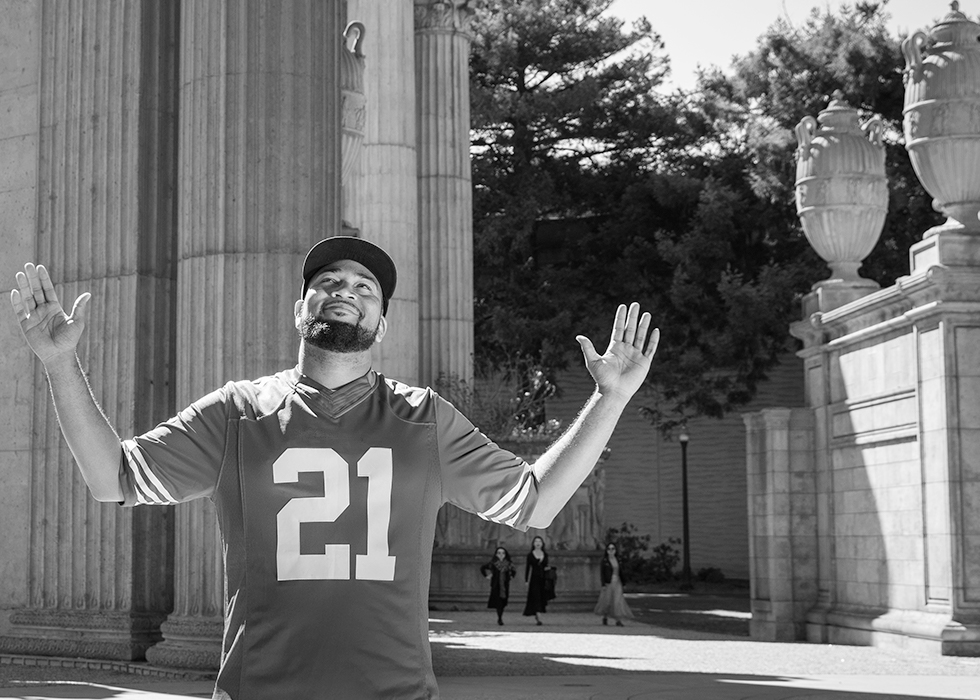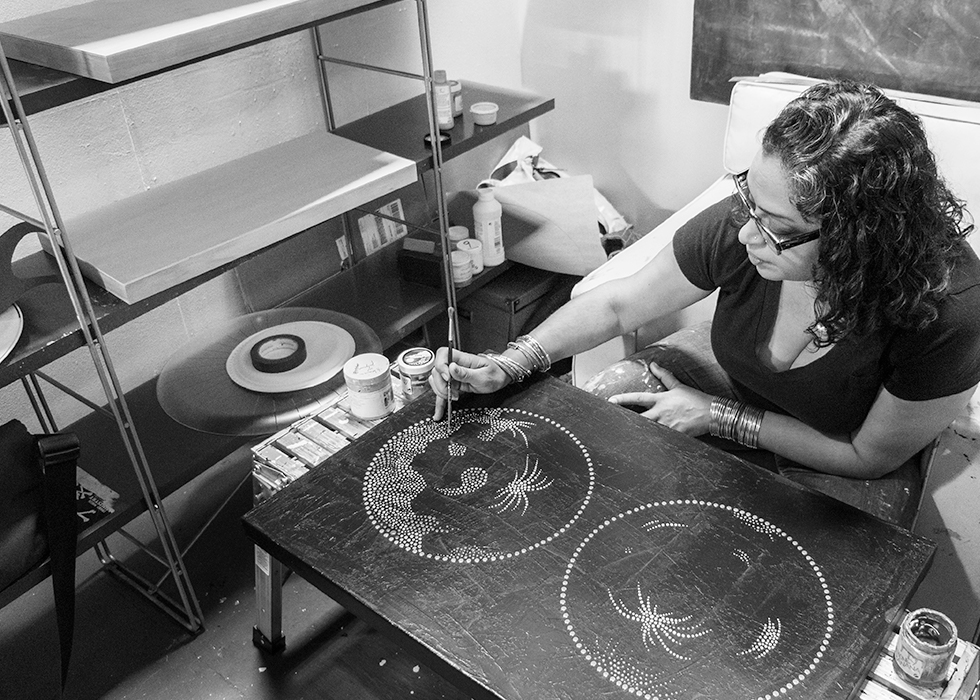11 Things to Consider Before Your First Credit Card
Getting your first credit card is a huge financial step, and can also be a big adjustment. Establishing and building credit can help you financially in the long run, but credit cards can also come with temptation and risks.
Even if you have a good idea of how credit cards work and how to handle a credit card responsibly, there are still some things you should know before getting your first card.
1. The best credit cards aren’t for beginners
As a newcomer to credit, you probably won’t be able to qualify for the most valuable credit cards, the ones with rich rewards and perks, big sign-up bonuses, or long 0% interest periods.
Those products are usually only available to applicants with:
- Good to excellent credit scores (690 or above)
- Long credit history
- Certain income requirements
You'll likely have to start smaller with your first credit card, with a product geared toward people with limited or no credit history.
Some options to consider include:
- A student credit card
- A secured credit card that requires a cash deposit
- A credit card marketed to those with fair credit
- A credit card you pre-qualify for
2. A security deposit makes a credit card easier to get
If you’re having trouble getting approved for your first credit card, you might want to consider a secured credit card.
Secured credit cards are designed for people with damaged credit or no credit. To open your account, you’ll first need to put down a cash deposit. Your credit limit is typically equal to your deposit. Most secured cards allow you to deposit more to get a higher credit line.
Falling behind on payments could mean losing this deposit. However, if you always make on-time payments and spend well below the card's limit, you could establish good credit within a matter of months.
3. Your first credit card can build your credit, or ruin it
One of the main reasons to get your first credit card is to boost your credit. If you're not careful, though, it can have the opposite effect. It all depends on what you do.
Every month, your issuer will report your credit card activity to credit bureaus, the companies that compile the credit reports that form the basis of your credit scores.
The reported information includes whether your payments have been on time and how much of your available credit you've used. Late payments are bad. Maxing out the card is bad.
To make sure your credit card activity helps as much as possible, pay in full and on time every month and stay well below your credit limit.
4. You can see the rates and fees before applying
Credit card issuers are required by federal law to publicly disclose certain terms, such as interest rates and fees, before you apply.
These are displayed in what’s called a Schumer box, a table that can usually be found on a credit card’s application page online, or on a slip enclosed in paper applications.
The Schumer box includes the card's:
- Annual fee it charges cardholders on a yearly basis.
- APR, or annual percentage rates. This is the interest rate you'll pay on balances you carry from month to month.
- Foreign transaction fees charged when making purchases outside the U.S.
- Late fees charged when you pay late or don't pay at least the minimum amount due.
Of course, there's some information you won’t get until after you apply. For example, in most cases you won't know what your credit card limit is until your application is approved.
5. Credit card fees are avoidable
It's possible to avoid credit card fees altogether, even if you're new to credit:
- Plenty of starter cards, including many secured cards, don’t charge annual fees.
- Late fees aren't an issue if you pay on time.
- Foreign transaction fees aren't an issue if you don’t plan on using the card outside of the U.S.
- Charges associated with balance transfers and cash advances don't matter if you never make these types of transactions.
- Over-limit fees are all but extinct. Issuers can't charge them unless you opt into over-limit protection. Even then, you can avoid them by staying within your limit.
6. Interest is avoidable too
Even if you have a card with a high APR, you can avoid interest charges by paying your credit card bill in full every month.
That's because of your card’s grace period. Simply put, after you pay your bill in full, interest won't start accruing on new purchases until the next due date (however, if you use your card for cash advances or balance transfers, there may not be a grace period for those balances).
Pay your balance in full each month, and as long as you don't use your card for cash advances or balance transfers, you can avoid ever paying an interest charge. This is why it's important to only use your card for purchases you can afford.
7. Always pay more than the minimum
Credit card statements prominently display your minimum payment due, or the smallest amount you need to pay to keep your account in good standing. It's tempting to only pay this amount. After all, you'll still be in good standing and it's less than the full amount, right?
However, paying less now generally means paying much more later. The minimum typically covers the past month's interest, any fees, and only a small amount of the actual balance.
So when you pay only the minimum, you aren't making much of a dent in your actual credit card debt. And if you continue to make purchases on the card without paying the full balance each month, it can lead to an out-of-control balance.
8. Paying late can really cost you
Missing your due date can get expensive quickly. Depending how late your payment is, you could face:
- Late fees. The legal limits on these fees are adjusted annually. The late fee amount varies from issuer to issuer, but generally, the first time costs well over $20, and subsequent violations can be close to $40. At SF Fire Credit Union, the late fee is $15.
- Penalty APRs. Most credit cards no longer charge penalty APRs, but some do. A penalty APR kicks in when you pay late, and can increase your interest rate to 30% or more right away for new transactions. If you still haven't made a payment after 60 days, the penalty APR can also be applied to your outstanding balance.
- Damage to your credit. Paying a day late won’t hurt your credit. But if you pay 30 or more days late, your payment will also be recorded as late on your credit reports, hurting your credit scores.
If you have a solid monthly budget in place, think about setting up automatic payments from your bank account. If you’re worried about overdrawing your account, note your due dates on a calendar as a reminder.
9. Getting too close to your limit can hurt your credit score
The percentage of available credit you use is called your credit utilization ratio. This is a major factor in your credit scores. When your utilization ratio creeps up too high, it can significantly affect your credit score.
The lower your credit utilization ratio is, the better. To keep your score in good shape, try to use less than 30% of your limit at all times.
10. Dealing with credit card fraud isn’t as difficult as it sounds
If you're worried about the possibility of credit card fraud, you should know that credit cards actually offer you more protection against fraud than debit cards do.
If fraudsters gain access to your debit card information, they could empty your bank account in an instant. You can report the fraud to your bank and recover your money, but that will take time to straighten out.
When your credit card information is used fraudulently:
- It's the credit card company's money at stake, not yours. You’ll have plenty of time to dispute any fraudulent charges and remove them from your outstanding balance, typically right away.
- You don’t have to pay. Federal law minimizes your liability for unauthorized credit card purchases, and zero-liability policies of credit card networks like Visa® and Mastercard generally bring your liability down to $0.
- Getting a replacement card is relatively easy. After you call your issuer to alert them about fraud on your account, they’ll cancel your card and send you a new one with a new number. No one will be able to make transactions using your old card number.
11. If you’re rejected for a credit card, the issuer will tell you why
If you get rejected after applying for a card, don't worry. It can actually be a learning experience.
Card issuers are required by federal law to send you an explanation for their decision, called an adverse action notice.
For example, an issuer might say you were rejected because your income was too low, or you lack a credit history. This feedback could help you decide how to improve your chances for approval next time.
Make sure you're ready
Getting your first credit card can be an exciting moment, and potentially a step in the right direction for your financial future.
While establishing and building credit is important, it's equally important to make sure you understand the risks involved with credit, have a strong monthly budget in place, and can resist the temptation to use your credit card for purchases you can't afford.




